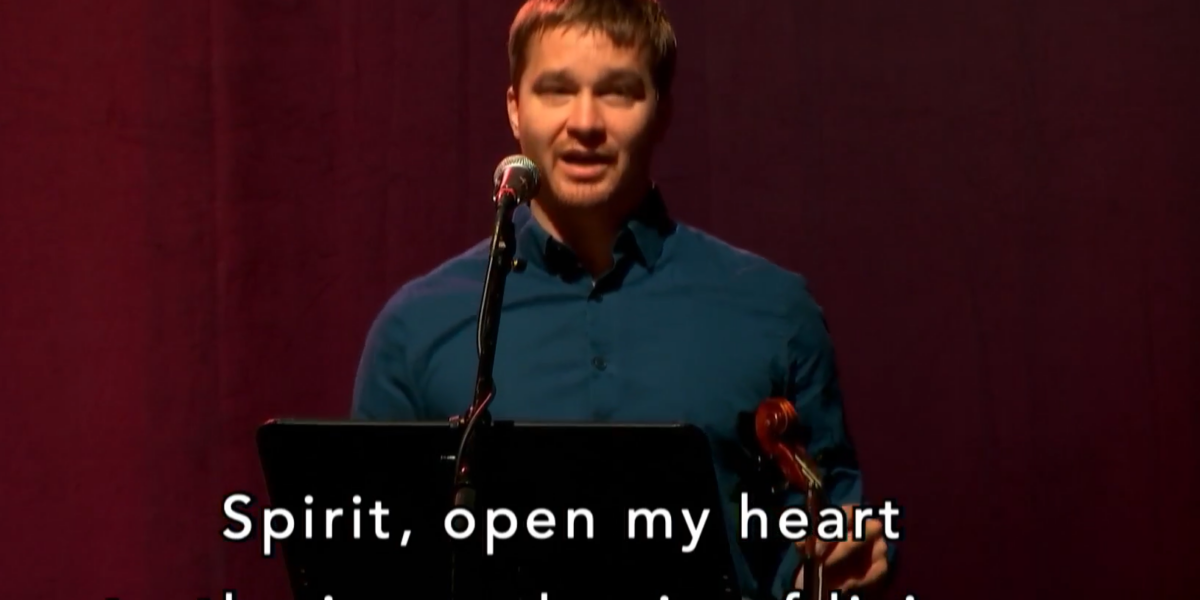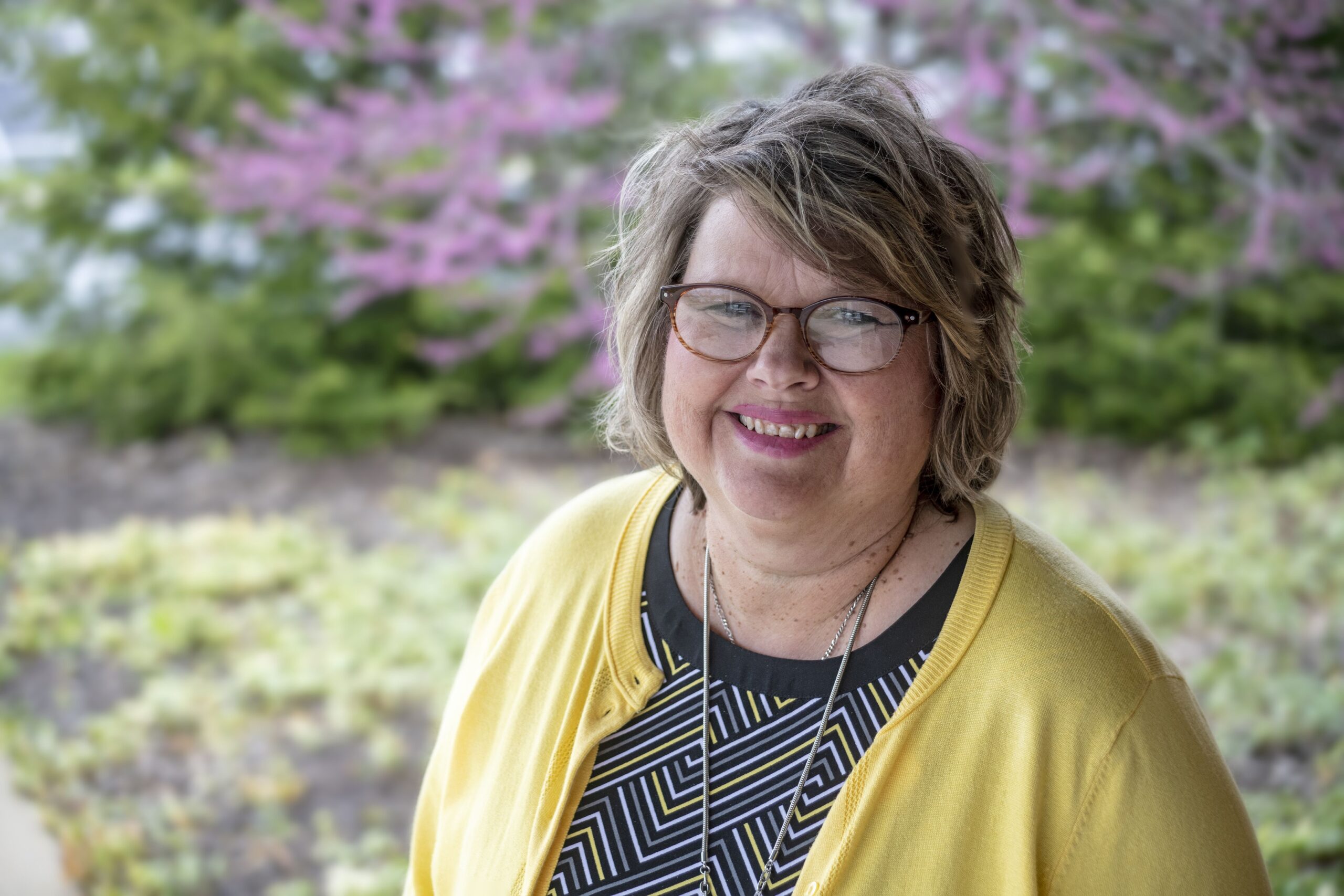When was the last time you remember someone portraying God as a divine warrior who is like a woman giving birth to something new?
Or, the last time you remember being encouraged to offer up your pain, rather than praise, to God in prayer?
If you are anything like me, a pastor or speaker may have come close a time or two, but it has been so rare that I cannot remember it.
That is precisely why Safwat Marzouk’s Bible study on "Shalom Justice Amidst Pandemic and Racism" (based on Psalm 74 and Isaiah 59) was a refreshing blast of passionate relief. Finally, someone was giving me permission to lament, to repent, to name the bad in the world and myself, naked before God, unashamedly pleading for God to do something – in the world AND in me.
He helped me to see that without naming the bad, I cannot claim the good, either. That before the peace, there is pain; before the wonder, there is the wound; before the reconciliation and healing and hope, there is the division and despondency evoked by all the -isms in my own soul.
He reminded us that Psalms encourages us to lament our way into love; to repent our way into reconciliation. To know that God’s covenant with us is forged by humble readiness to join God in God’s work, not to forge our own ego-driven agendas.
Thank you, Safwat, for the holy permission to be a people who trust that God is not scared off by our cries but draws ever closer as we cooperate in the divine-human covenant-keeping. It is not a pristine desire to be immediately perfect and well-formed in that relationship. Rather, it is the openness to enter the messy birthing process of being born anew from God’s womb.








